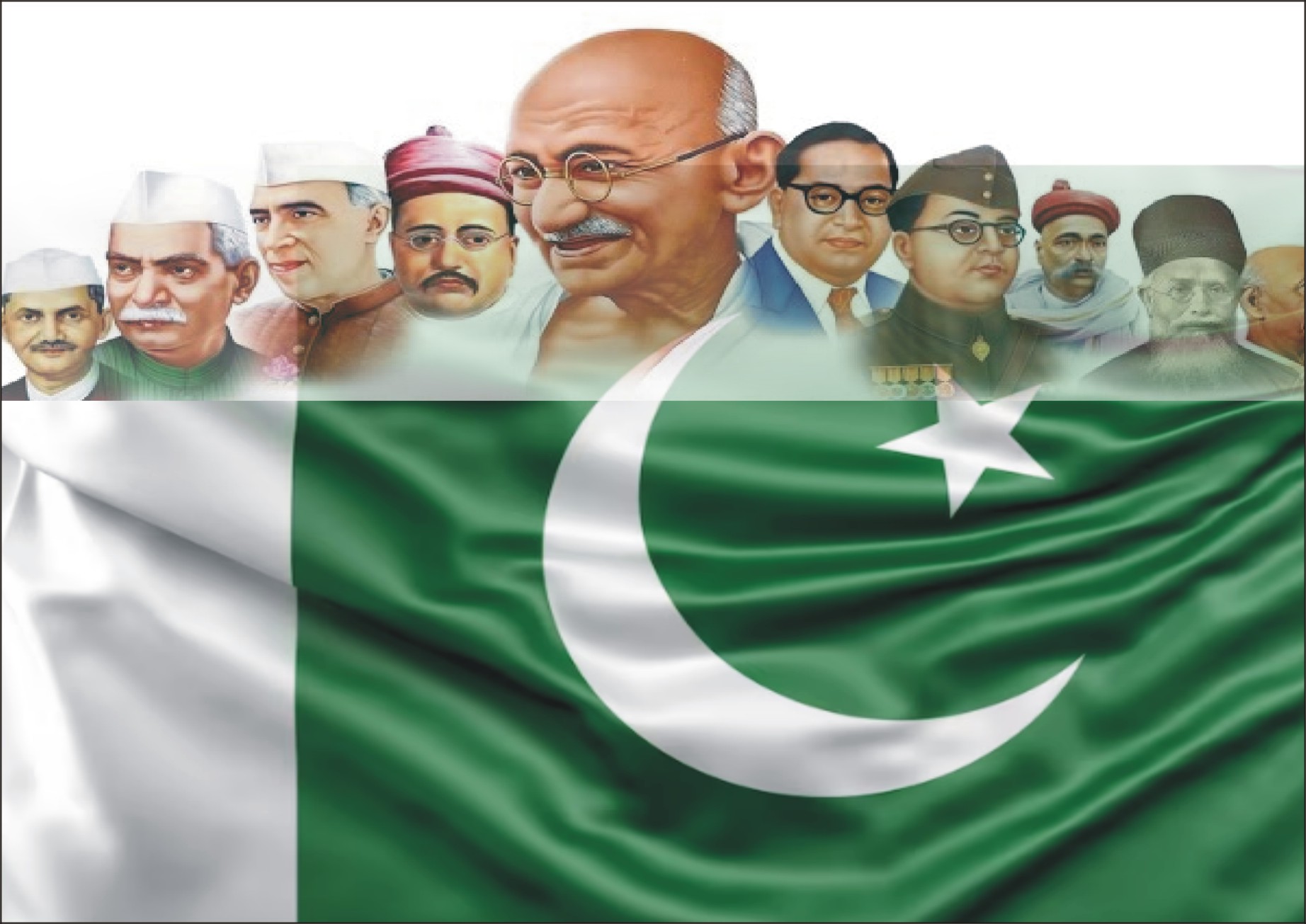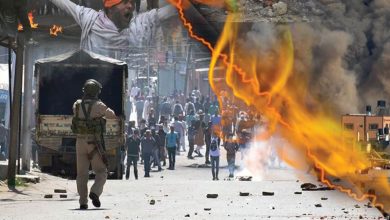December 16: Indian leaders openly admit to role in Pakistan’s dismemberment
#IndianHandInBangladeshCreation

Islamabad: Today marks the 53rd anniversary of the creation of Bangladesh and the dismemberment of Pakistan in 1971—a dark chapter in South Asian history, underscored by India’s overt and covert role in orchestrating the breakup of Pakistan.
According to Kashmir Media Service, India’s involvement in arming, training, and instigating the Mukti Bahini insurgents remains one of the most significant factors behind the secession of East Pakistan. Indian leaders have openly admitted to their role in Pakistan’s dismemberment.
India’s incumbent Prime Minister Narendra Modi, during a visit to Dhaka in 2015, openly stated, “It is well known that under the leadership of Indira Gandhi, thousands of Indian soldiers fought alongside the Mukti Bahini. It is one of the proudest moments in Indian history.”
Similarly, former Indian Prime Minister Indira Gandhi’s infamous assertion, “We have drowned the Two-Nation Theory in the Bay of Bengal,” highlights India’s intent to destabilize Pakistan.
From 1947 to the present, India’s antagonism towards Pakistan has been evident. The ruling Bharatiya Janata Party (BJP) in India, under Narendra Modi, has amplified this hostility, fostering an environment of rising Islamophobia and anti-Muslim sentiment in India. This animosity is a continuation of India’s long-standing refusal to accept Pakistan’s existence as a sovereign nation.
The creation of Pakistan itself owes much to Bengal’s pioneering leaders, whose contributions to the Pakistan Movement were monumental. The All-India Muslim League, which championed the cause of Pakistan, was formed in Dhaka in 1906—a city that symbolized unity among Muslims against hegemonic designs.
India’s interference in Bangladesh’s internal affairs began right after its creation in 1971, with New Delhi trying to assert undue influence over Dhaka. However, recent developments signal a shift. In August this year, mass protests in Bangladesh, fueled by anti-India sentiment, led to the ouster of Sheikh Hasina’s pro-India government. Shortly afterward, Bangladesh announced a revival of ties with Pakistan, signaling a new chapter in bilateral relations.
The student-led uprising, rejecting India’s interference, highlighted growing wariness among Bangladeshis. This growing distrust aligns with historical sentiments. Despite its separation, Bangladesh has maintained its Muslim identity, disproving Indira Gandhi’s claim about the demise of the Two-Nation Theory.
As Bangladesh and Pakistan revisit their historical ties, the time is ripe for both nations to counter India’s hegemonic designs and work together for mutual benefit. Strengthening Pakistan-Bangladesh relations could pave the way for a united stance against external interference and foster stability in the region.
India’s actions in 1971 are not isolated; its proxies continue to foment trouble in Pakistan, further emphasizing the need for regional solidarity. As history shows, India’s ambitions have always been aimed at undermining Muslim-majority nations in South Asia. The strengthening of Pakistan-Bangladesh ties could be a powerful counterbalance to these ambitions.
Today serves as a somber reminder of the consequences of external interference but also an opportunity to forge unity and reaffirm the enduring relevance of the Two-Nation Theory.








